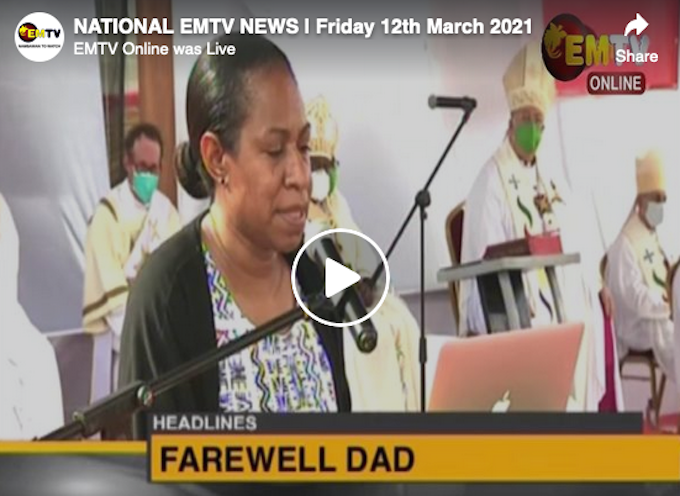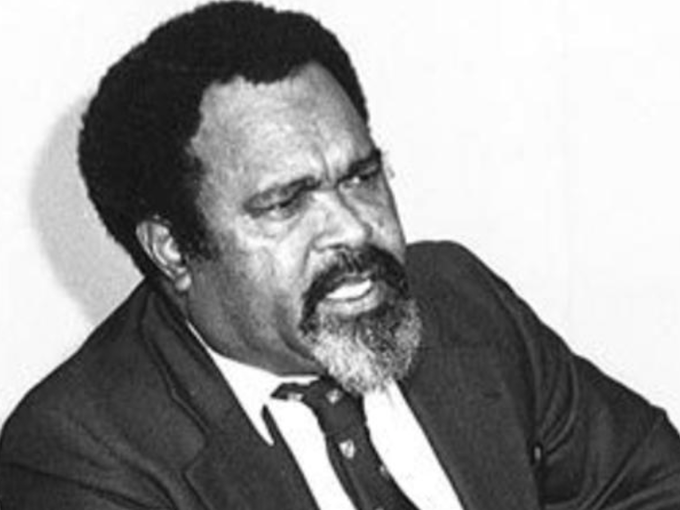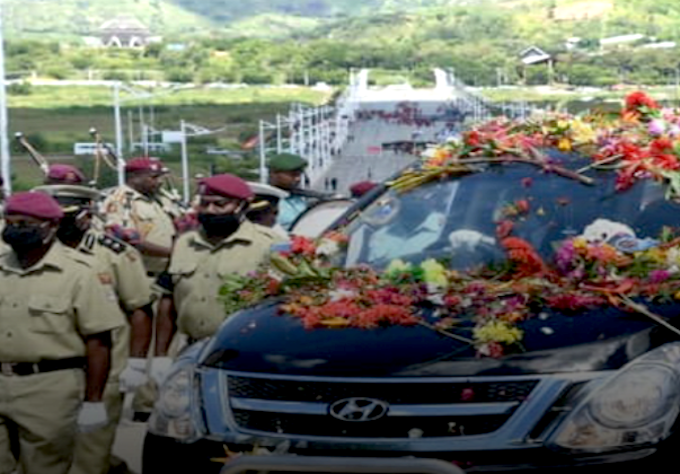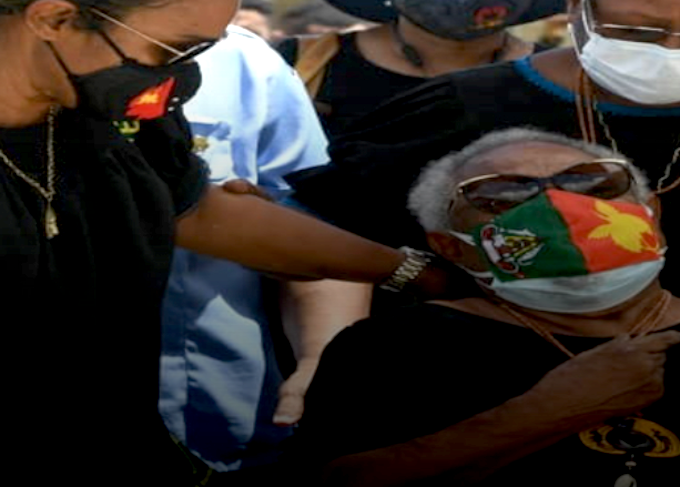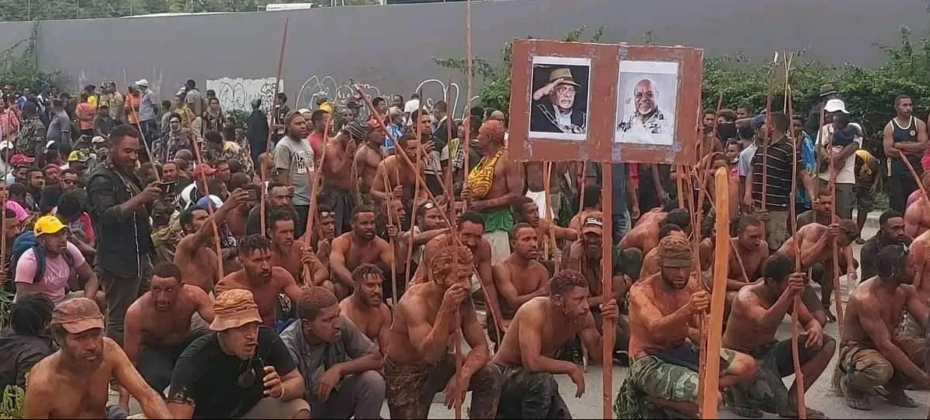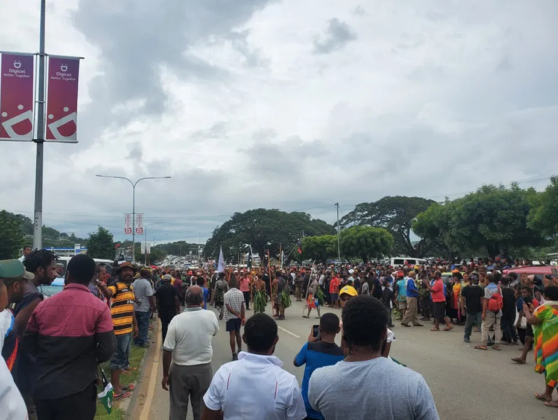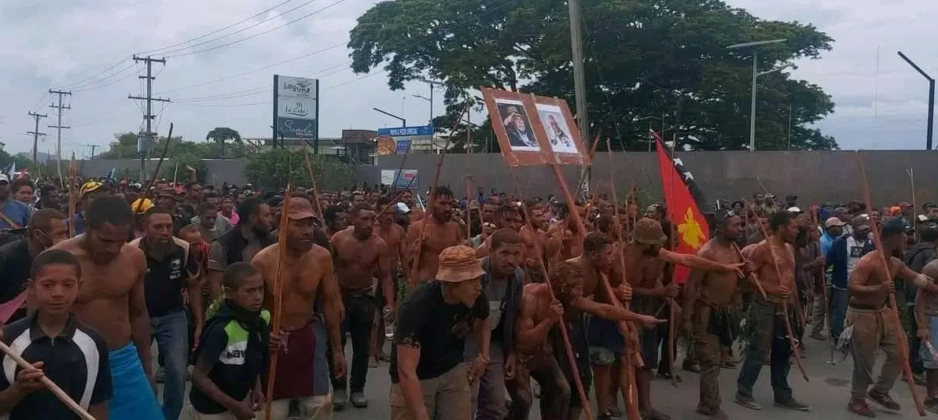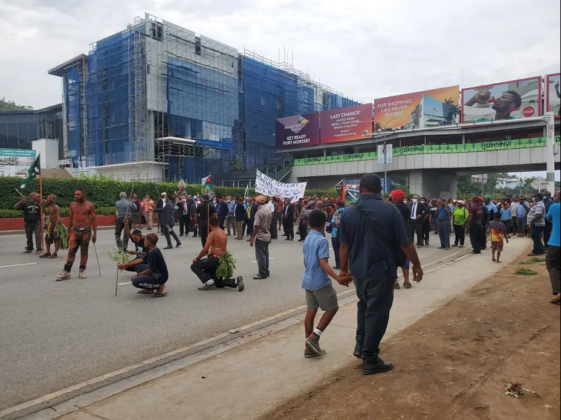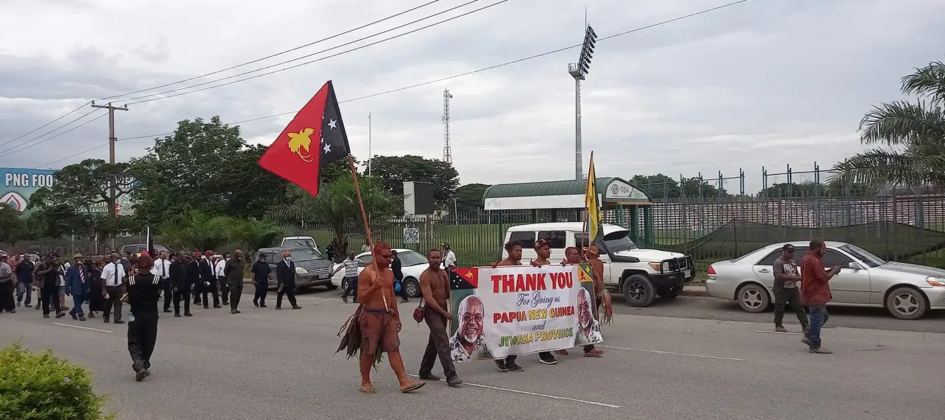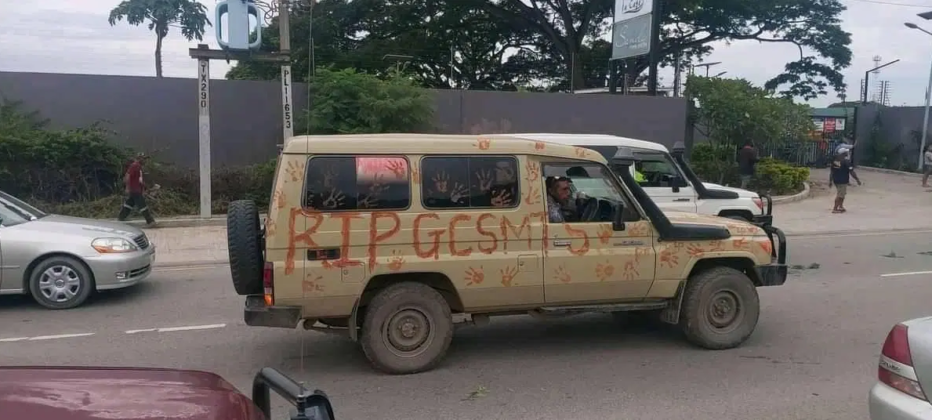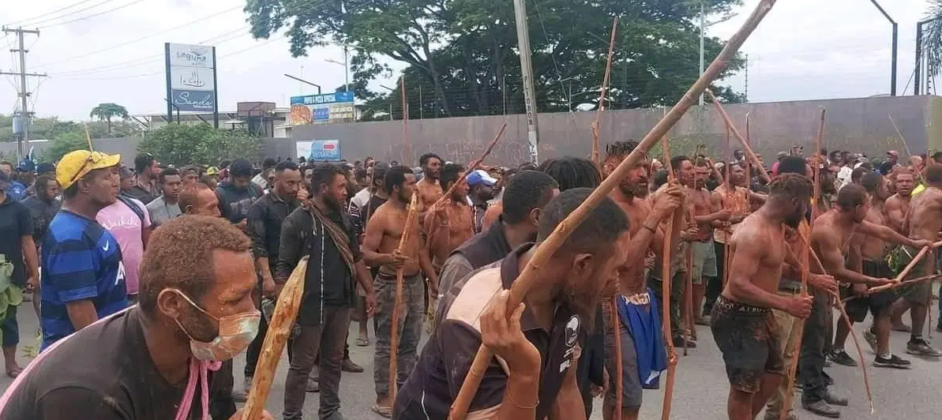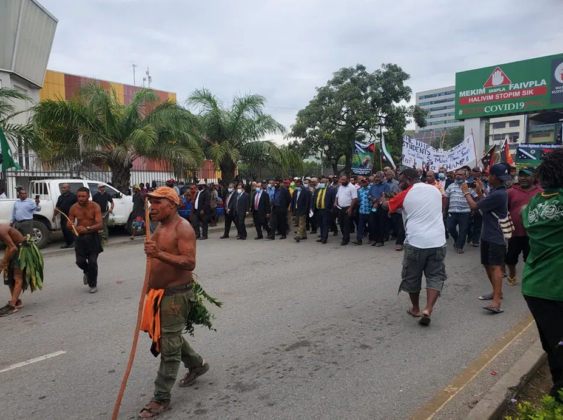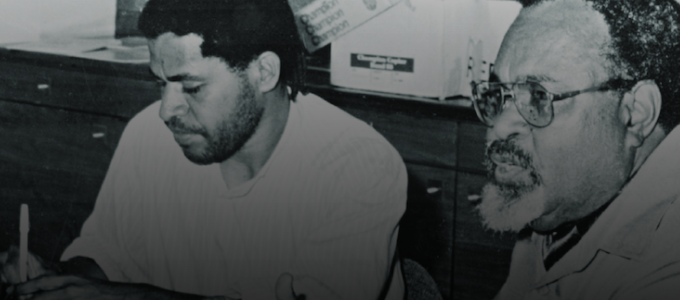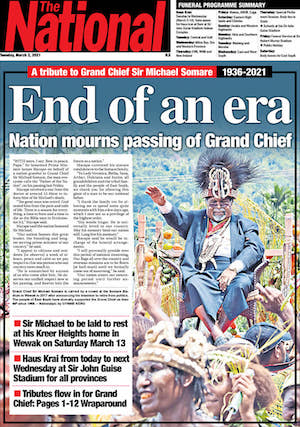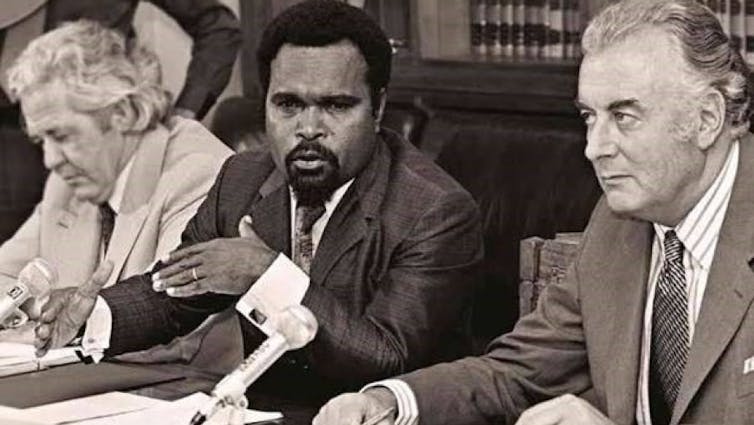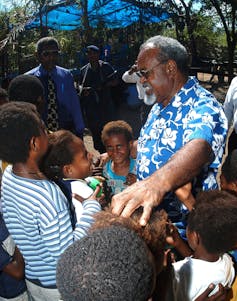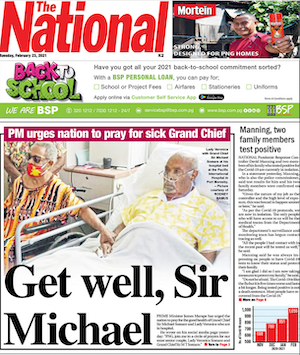OBITUARY: A personal reflection by Scott Waide in Lae
Australian-born former PNG cabinet minister and Madang businessman Sir Sir Peter Leslie Charles Barter, 82 — 1940-2022
Papua New Guinean political giant Sir Peter Barter, who died in Cairns on Wednesday, was a strong supporter of the free press and media development. He personally supported generations of students from Divine Word University.
Watson Gabana and I and many others who came later were beneficiaries of that support.
On one occasion, we travelled with Sir Peter to Long Island and Karkar to visit health centres and aid posts. He gave me his camcorder to use.
- READ MORE: Tributes flow for beloved PNG statesman Sir Peter Barter
- Sir Peter Barter was a patriot
- Sir Peter crafted the name ‘beautiful Madang’
- PNG political giant Sir Peter Barter dies
- Time is precious, don’t waste it – Scott Waide
At the time, MiniDVs were the latest on the market and rare. No TV station was using them yet.
As a 19-year-old, I was over the moon! I didn’t shoot enough footage.
Or at least Sir Peter didn’t think I did. He scolded me in the chopper then gave me advice. It stuck. Don’t waste time. Don’t waste money. Don’t waste opportunities.
Sure enough, I never got a chance to go back to Long Island. But the experience made an indelible mark.
My first insights
It gave me my first insights into the workings of PNG politics, its flaws and the failures of service delivery mechanism.
On Long Island, Sir Peter was furious. He, as Madang Governor, was angered by the fact that the people were neglected and the health system just didn’t work.
“It’s out of sight, out of mind,” he fumed. “As long as nobody complains, none of this will be resolved.”
He stormed off towards the beach with the village councillor led in tow.
It was a statement that has remained true for service delivery in PNG — “Out of sight, out of mind.”
As much as it seems improper and out of line, the politician gives much needed visibility to issues of importance.
Sir Peter was an avid photographer. He used his photography to document the Bougainville peace process and the collection and destruction of small arms in Tambul-Nebiliyer and the Southern Highlands.
Sir Peter Barter, great figure in PNG, dies at 82 https://t.co/BhPngFsGml
— Ples Singsing (@PlesSingsing) June 24, 2022
Plight of the Manam people
He filmed the Manam volcano eruptions and gave unique insights into the plight of the Manam people while at the same time conducting rescue operations for men, women and children.
His sometimes dry sarcastic sense of humour was legendary.
Two decades later, I found myself at the Madang Resort restaraunt, arguing with the chef about the pizza that didn’t have the ingredients that were promised on the brochure.
Sir Peter walked up behind me and asked what the problem was. I promptly directed my complaint to him (the owner of the pizza joint). He quickly responded: “Please give the whinging journalist what he paid for.”
We went away happy and began another discussion with him about the drop in tourism numbers in Madang and PNG.
Long live the Knight!
Scott Waide is an independent Papua New Guinean journalist who contributes to Asia Pacific Report.
Sir Peter Barter passes on. Video: EMTV
This post was originally published on Asia Pacific Report.
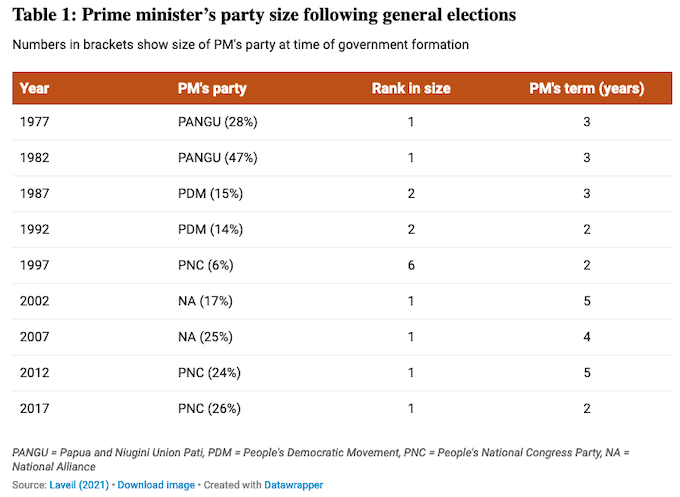
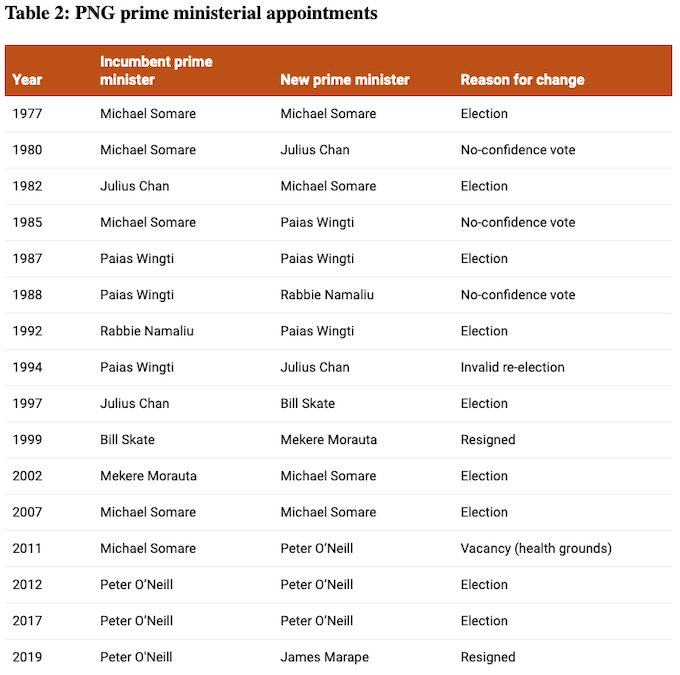


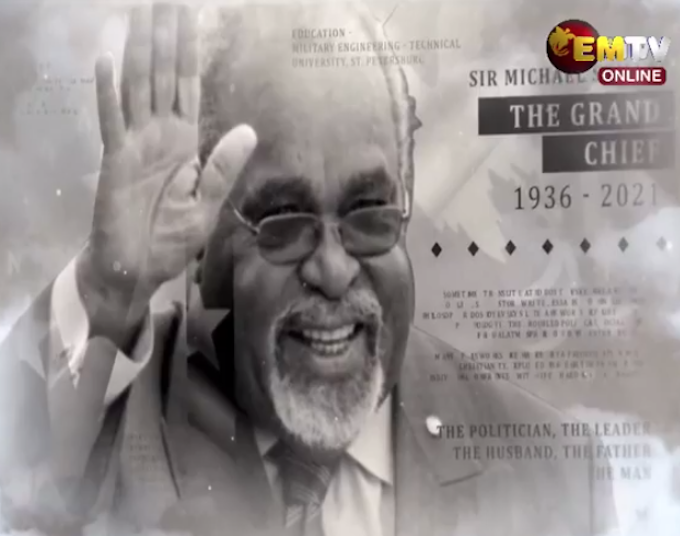
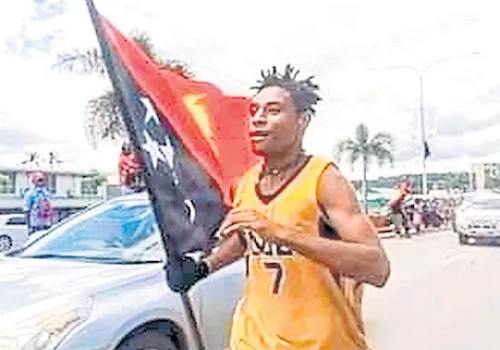
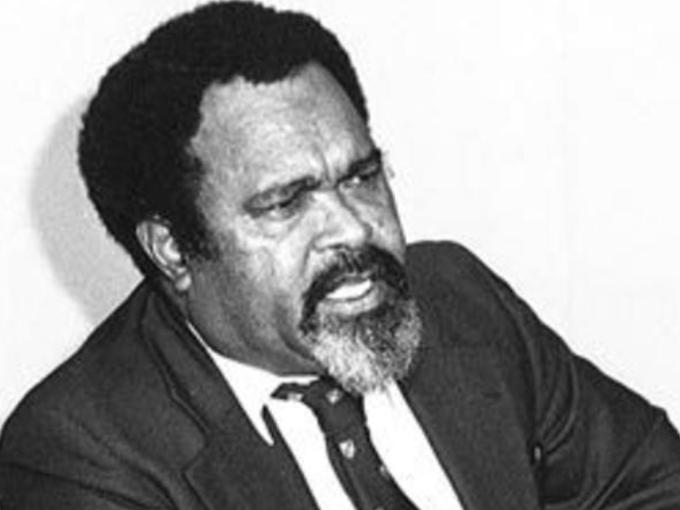 Sir Michael Somare … he became Papua New Guinea’s founding prime minister in 1975. Image: RNZ
Sir Michael Somare … he became Papua New Guinea’s founding prime minister in 1975. Image: RNZ